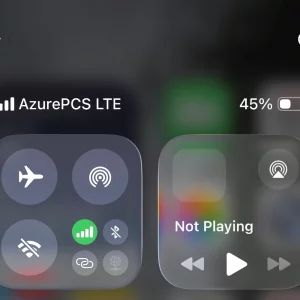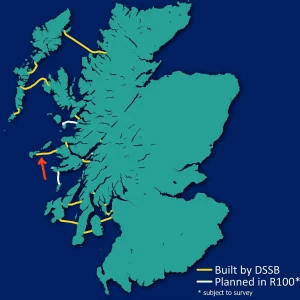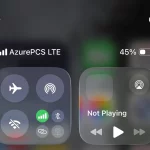Sponsored Links
UK Judge Grants ISPs Fourth Ground for Judicial Review of Digital Economy Act
Posted: 13th Nov, 2010 By: MarkJ
 The controversial Digital Economy Act 2010 (DEA), which threatens to identify and punish those "suspected" of unlawful ("illegal") copyright P2P File Sharing (even if they didn't commit the offence itself), suffered another blow last night when the High Court judge - Mr Justice Wyn Williams - ruled in favour of broadband ISPs BT and TalkTalk on the fourth ground (proportionality) of their Judicial Review case.
The controversial Digital Economy Act 2010 (DEA), which threatens to identify and punish those "suspected" of unlawful ("illegal") copyright P2P File Sharing (even if they didn't commit the offence itself), suffered another blow last night when the High Court judge - Mr Justice Wyn Williams - ruled in favour of broadband ISPs BT and TalkTalk on the fourth ground (proportionality) of their Judicial Review case.A decision on the fourth ground, deemed by many to be BT and TalkTalk UK's weakest area, dealt with the disproportionate impact of the provisions on ISPs. In particular it referred to the opinion of the European Data Protection Supervisor, Peter Hustinx. He concluded that generic "three strikes" (warn, warn and then disconnect) regimes are a disproportionate measure.
The Judge had initially delayed his decision on the final (fourth) ground after ruling in favour of all three prior grounds on Wednesday (UK ISP BT/TalkTalk Win Judicial Review of the Digital Economy Act). A full hearing is now expected to follow by April 2011, which is incidentally right after Ofcom is due to complete its initial DEA Code of Practice.
Rights Holders might find it more challenging to lobby a High Court judge into bending to their collective and economic willpower. By contrast, politicians appear to be easy pickings. A DEA delay is now inevitable, although it remains to be seen whether this will actually result in any meaningful adjustments to the act itself. However MP's cannot ignore the message of such a High Court ruling.
Search ISP News
Search ISP Listings
Search ISP Reviews
Latest UK ISP News








Cheap BIG ISPs for 100Mbps+
150,000+ Customers | View More ISPs
Cheapest ISPs for 100Mbps+
Modest Availability | View More ISPs
Latest UK ISP News
Helpful ISP Guides and Tips
Sponsored Links
The Top 15 Category Tags
- FTTP (6886)
- BT (3911)
- Politics (3108)
- Business (2814)
- Openreach (2691)
- Building Digital UK (2530)
- Mobile Broadband (2515)
- Statistics (2155)
- FTTC (2150)
- 4G (2126)
- Virgin Media (2053)
- Ofcom Regulation (1794)
- 5G (1771)
- Fibre Optic (1615)
- Wireless Internet (1614)
Sponsored
Copyright © 1999 to Present - ISPreview.co.uk - All Rights Reserved - Terms , Privacy and Cookie Policy , Links , Website Rules































